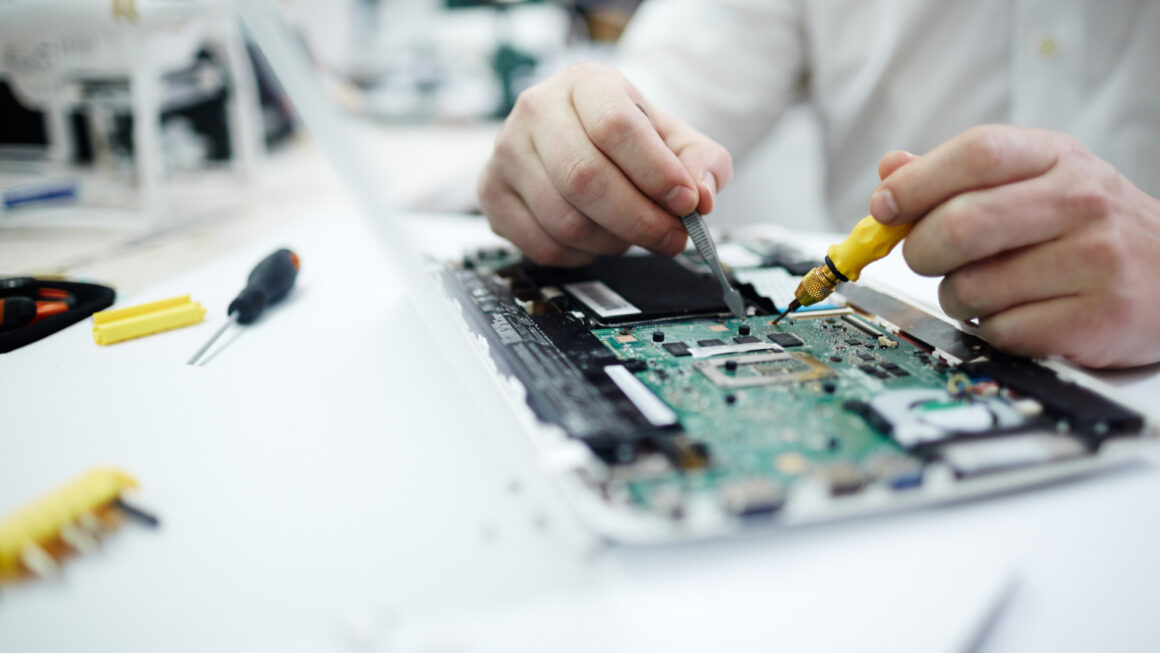Technology transfer offices (TTOs) are a critical component of modern academic research institutions. They are responsible for transferring the results of academic research into practical applications, including commercialization and intellectual property protection.
The main function of a technology transfer office with respect to collaborative research is to facilitate and manage the transfer of intellectual property and technology from academic research institutions to commercial entities.
Collaborative research is becoming increasingly popular in academia, as researchers recognize the benefits of working together on complex and interdisciplinary research projects. However, collaborative research can present challenges when it comes to intellectual property ownership and technology transfer. TTOs play a key role in managing these issues, helping to ensure that research results are appropriately protected and transferred to the appropriate parties.
In this article, we will explore the main functions of a technology transfer office with respect to collaborative research, including intellectual property management, licensing, and commercialization.
Intellectual Property Management
One of the primary functions of a TTO is to manage the intellectual property (IP) resulting from academic research. Intellectual property can include patents, trademarks, copyrights, and trade secrets, all of which are crucial for protecting the commercial potential of research results.
In the context of collaborative research, the TTO must manage the IP rights of all parties involved in the project, including the academic researchers and any commercial partners.
The first step in managing IP in collaborative research is to identify the different types of IP that are likely to arise from the project. This can include patentable inventions, copyrights, and trade secrets.
Once the types of IP are identified, the TTO can help to establish ownership and ensure that all parties involved are aware of their rights and responsibilities. This can involve negotiating agreements between the different parties to establish ownership and to ensure that everyone involved understands how the IP will be managed and shared.
Licensing
Another critical function of a TTO is to license intellectual property to commercial partners. Licensing involves granting a third party the right to use intellectual property for a specific purpose, such as developing a product or conducting further research. In collaborative research, licensing agreements may be necessary to ensure that commercial partners have the rights to use the intellectual property developed during the project.
The TTO plays a critical role in negotiating and drafting licensing agreements. This can involve working with legal teams to develop agreements that are fair and equitable for all parties involved. The TTO may also be responsible for enforcing the terms of the license agreements, ensuring that commercial partners are using the intellectual property in accordance with the terms of the agreement.
Commercialization
The ultimate goal of many collaborative research projects is to develop practical applications for the research results. This can include developing new products, processes, or services that have commercial potential. TTOs play a critical role in commercializing research results, helping to bring them to market and generate revenue for the academic institution.
The TTO may be involved in all aspects of the commercialization process, from market research and product development to marketing and sales. The TTO may work closely with commercial partners to develop a commercialization strategy that maximizes the potential of the research results. This may involve identifying potential markets, developing a pricing strategy, and securing funding to support the commercialization process.
Conclusion
Technology transfer offices play a crucial role in facilitating and managing collaborative research in academia. They are responsible for managing the intellectual property resulting from research, negotiating licensing agreements with commercial partners, and commercializing research results.
By playing a key role in these functions, TTOs help to ensure that the results of academic research are translated into practical applications that can benefit society and generate revenue for the academic institution. As collaborative research continues to grow in importance, the role of TTOs will become increasingly critical in managing the complex intellectual property and technology transfer issues that arise.




